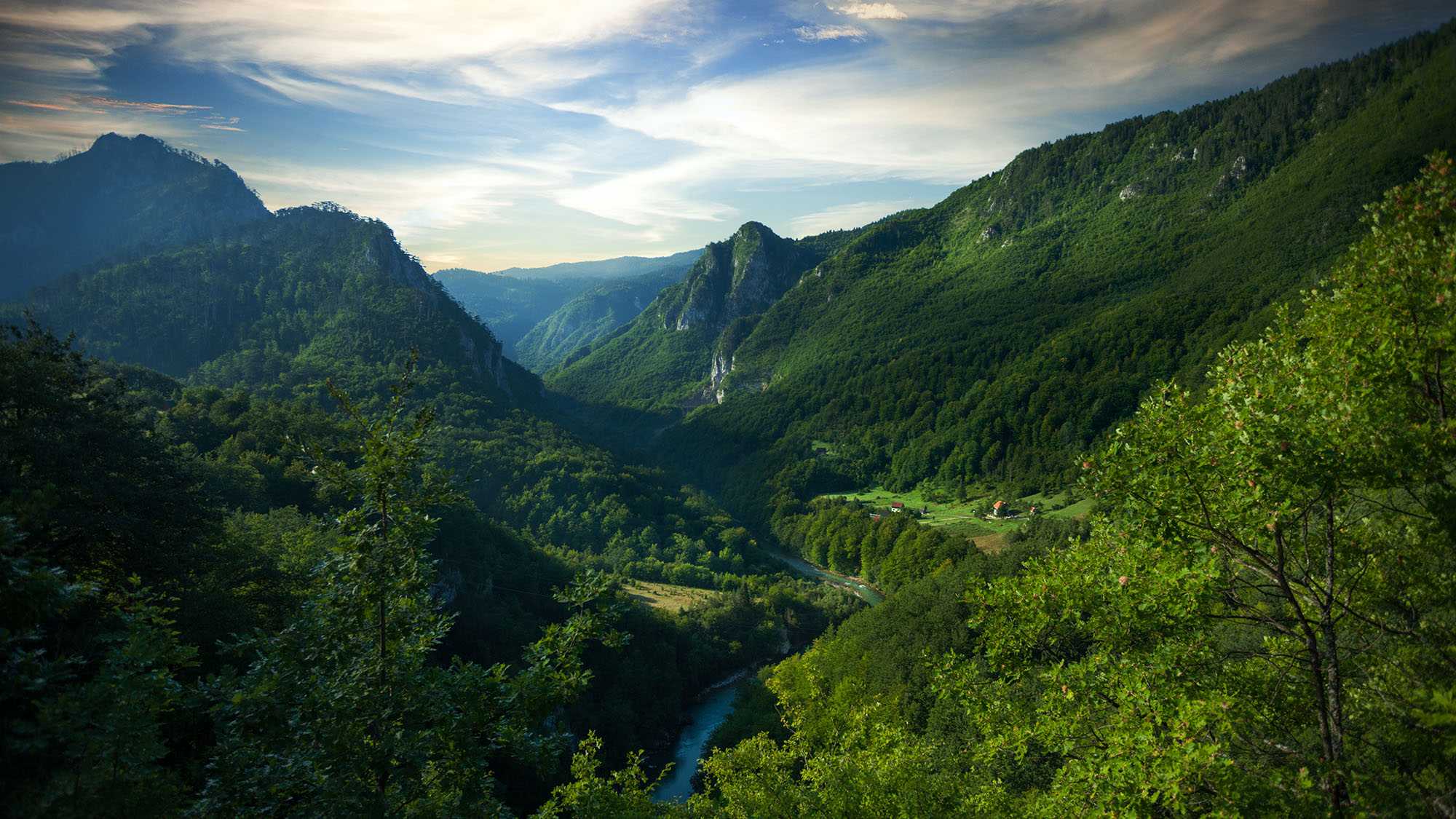Media reporting and the evolving UK resources and waste sector

With the general election only days away, the media coverage of the debates, issues, and back stories continues to ramp up, you can’t really escape the plethora of well-crafted soundbites, well-planned photo shoots, and the obvious political sparring that happens when the UK goes to the polls.
Now some of the media will tell you they are impartial or even politically agnostic, while others are firmly rooting for one party, manifesto, dream or another.
Some of this bias may be obvious, evident and deep-rooted, but that is not always the case, and in a tech-savvy world, the sources of data, real-time reporting and the choice of sources makes it harder and harder to know what is the news and what is merely opinion.
So, pick your sources carefully, fact check the stories, and cross-reference the headlines to ensure you don’t get hoodwinked into a vote you might come to regret.
But what has this got to do with our sector? Well for perhaps the first time ever, the environment is a mainstream topic for all parties and the manifestos that have been produced have recognised that public and media attention is more environmental-focussed than ever before.
But what are the parties really saying about resources and waste management and what does this say about the media and its role in shaping the debate?
Lacking in substance, but the flavours are different
Across the board, the policies put forward by the Conservative Party in the last 18 months are the ones that are featuring across the other political manifestos. But where there is divergence is around the speed of change, extending targets, and more importantly who will deliver the changes proposed (more or less nationalisation).
But are the media helping to intensify the flavour or change the mood or content in anyway? The BBC must be independent because of their public funding structure, yet many of the stories they have run in recent months appear critical of the progress made to date on both waste and wider environmental agendas.
Channel 4’s leaders’ debate may have been right to exclude Michael Gove from the debate for not being the Conservative Party leader, but it clearly weakened the balanced debate around the environment, and so the perpetuation of myth and the abstraction of reality continues no matter what your source of intel.
So what is the role of the media in shaping society?
I was fortunate enough to attend a debate hosted by the Royal Institution on behalf of the British Science Association last week, and one of the recurring themes throughout the day was the role of the media in reporting stories, the news and in shaping opinion.
I was heartened to hear that many working in the media, in particular those associated with the BBC, feel that their role is not simply to report the news but to help inform and educate their audience, which I am sure is not the view of every newspaper or website reporting the news today.
With an increasingly aware public, more active campaigning and more campaign groups bringing the story behind the story to the discussion, the media must go beyond the headlines and look at why it is happening (the causes of climate crisis) and what is being done about it.
But not just in an abstract way (let the scientists or policy-makers decide) but in a way that people can engage with, identifying local solutions (both short and longer term) and steps that the public can do and share within their social circles.
So much of the reporting around climate change has been about the ozone layer, industrial emissions and deforestation in far flung locations.
But now we have a tone that is far more immediate, and are seeing stories that identify positive steps we can all take- from reducing meat intake, and recycling weekly, to repairing your clothes, and holidaying overseas less frequently.
And as a society I think we are ready for this kind of discussion, one that localises the issue, presents the problem and some of the options, and encourages us to engage with industry, politicians and our communities to try things, for the betterment of all.
Oh and Christmas is coming
Given the optimism that I am feeling about not only the recent increasing visibility of documentaries on meat production, global export markets for recyclables and fast fashion, I am hoping that this Christmas the environmental message won’t be lost on consumers in the barrage of advertising that is already evident on our screens, and has been for some time, encouraging us to buy this or that.
Good sustainable lifestyles and green principles should not reduce our fun at Christmas, but they must become mainstream and the ‘norm’ for our generation and the ones to come.
If we are to address the climate crisis, we will have to take difficult decisions as individuals, parents and consumers, and we are seeing an upturn in ‘experience’ gifts rather than products.
This model, which resonates so well with the principles of the circular economy seems an ideal fit for Christmas 2019, but the proof will be in the pudding when my son doesn’t open up a pile of non-recyclable wrapped toys later this month. Instead, he will undo his reused paper packaging surrounding gift cards for a mixture of events, services and activities.
So let me take this opportunity to wish you a Merry Christmas and a prosperous new year, one that isn’t ruined by the fall-out of the General Election, one that isn’t built on poor consumer decisions, but one that is informed by excellent media reporting which encourages us all to take action, and of course the indulgence of one or two recycled movies.
This blog was originally published on http://www.recyclingwasteworld.co.uk on 05 December 2019.
